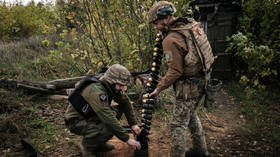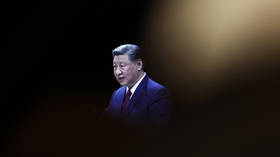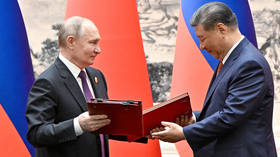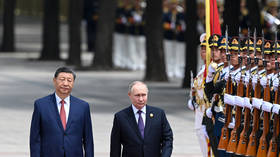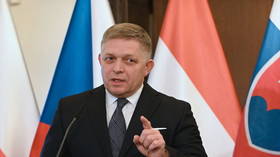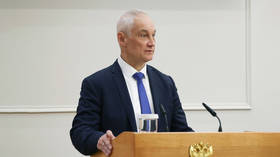EU reveals how much Russian money it has frozen
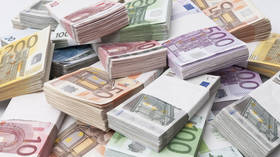
The European Union has frozen assets and reserves belonging to the Russian state worth €207 billion ($226 billion) since the beginning of Moscow’s military operation in Ukraine, EU Justice Commissioner Didier Reynders revealed on Monday.
“The European Commission is discussing the possibility of using proceeds from Russian assets in the amount of €207 billion [frozen in the EU] including assets of the central bank of the Russian Federation, to finance the restoration of Ukraine,” he said.
The EU and its allies have frozen hundreds of billions of euros’ worth of Russian central bank holdings as part of its sanctions policy, which are expected to generate around €3 billion in interest. Over half of those assets are reportedly in cash and deposits, while a “substantial amount” of the remainder is in securities.
Bloomberg reported last month that EU leaders had considered plans to impose a windfall tax on profits generated by more than €200 billion ($217 billion) of frozen Russian central bank assets to aid Ukraine’s reconstruction. While the option had reportedly appeared to be the least problematic, some participants had still raised concerns over its legality, the outlet claimed.
Moscow has repeatedly described any seizure of its assets by Western governments as theft and illegal under international law.
For more stories on economy & finance visit RT's business section


